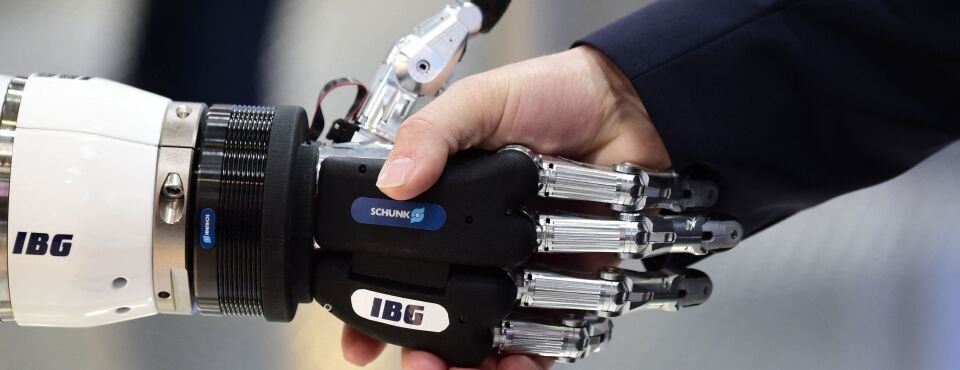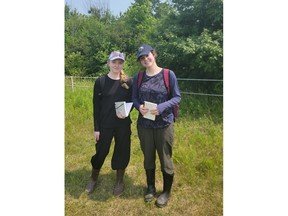Attorneys for a cutting edge AI startup and authors suing it for copyright violations will appear in San Francisco federal court Thursday for an unusual hearing: an educational crash course for the judge overseeing their case.
Judge William H. Alsup, who has overseen some of Silicon Valley’s biggest legal battles over the last two decades, is tasked with determining whether Anthropic PBC violated copyright law by training its AI chatbot Claude on copyrighted books without the authors’ permission.
But before he dives into the merits, he’s asked the parties to educate him on the technology underlying generative artificial intelligence.
Alsup’s penchant for holding tutorials could be a model for other judges handling high tech cases, but one that comes with additional costs and time.
“He’s such an intellectually curious judge, and he wants to understand every aspect of an issue, which is great,” said Eric Goldman a technology law professor at Santa Clara Law School.
Alsup told attorneys for Anthropic and the authors in October that he understands a reasonable amount of computer code—he famously taught himself the programming language Java to better understand a copyright battle between Google LLC and
Alsup has given both sides 45 minutes to present and take questions, emphasizing the tutorial won’t be an adversarial proceeding and that neither side can cite what’s said there as evidence in the case.
“When you have two sides beating up on each other on the laws and the facts, that’s not always the best way to understand the canonical truth, like how AI works,” Goldman said.
A Judge’s Tutorials
At 79, Alsup, who received his undergraduate degree in mathematics, has built a reputation for his willingness to learn the science behind the cases that appear before him at the US District Court for the Northern District of California.
In 2018, he held a five-hour-long tutorial about climate science in a suit from San Francisco and Oakland, Calif., accusing
Alsup released eight questions about atmospheric chemistry ahead of the hearing, generating attention from the press and advocacy groups that circulated answers to the queries online.
“Alsup made it very clear in the beginning that he wasn’t making a decision,” said Gary Griggs, an Earth Sciences professor at the University of California Santa Cruz, who presented on behalf of the cities during the tutorial. “He was trying to get educated about a complicated subject, which I really respected.”
The judge ordered a similar tutorial in another high profile case involving allegations that
Alsup’s scientific interest is unusual among judges, said Northwestern University law professor Shari Diamond, who studies science in the courts.
“Most judges would admit that they don’t have much of a science background,” Diamond said. “They’re as much a lay person as jurors in the case, but they are expected to have this understanding.” Some skirt the problem by appointing a special master to evaluate those issues.
The Anthropic tutorial likely won’t be as sprawling or intensive as his previous ones. A group of authors in the proposed class action allege the
Costly Education
Tutorials, which are most often used by judges in technical patent cases, generally focus on the basics of the science and avoid places where the parties will have significant factual disagreements. But even if they’re not meant to be combative, attorneys will still use the opportunity to advocate for their client, Goldman said.
The judge’s crash courses can also be time and resource intensive. “Remember the clients are paying for all this,” Goldman said. “Attorneys aren’t doing these tutorials for free.”
The alternative, that judges self-educate about a case in private, is also frowned upon because neither party can vet potential bias in how the judge is learning.
Ultimately, judges need to understand the underlying facts, said Shubha Ghosh a Syracuse University intellectual property law professor. “The opposite extreme is: ‘I don’t really care what the world is like, here is the law.’”
Susman Godfrey LLP, Lieff Cabraser Heimann & Bernstein LLP, and Cowan Debaets Abrahams & Sheppard LLP represent the authors. Arnold & Porter LLP and Latham & Watkins LLP represent Anthropic.
The case is Bartz v. Anthropic PBC, N.D. Cal., No. 3:24-cv-05417, 1/30/25.







